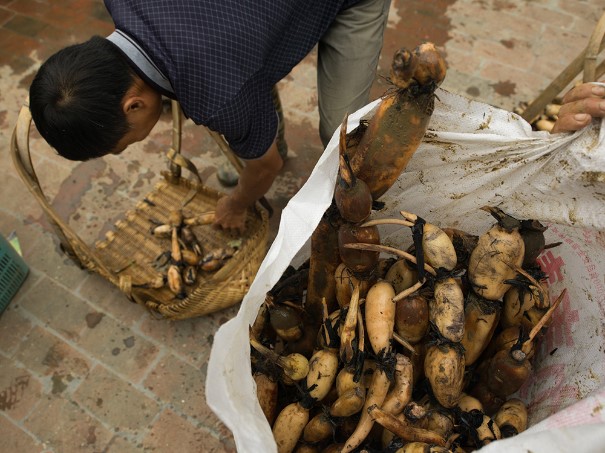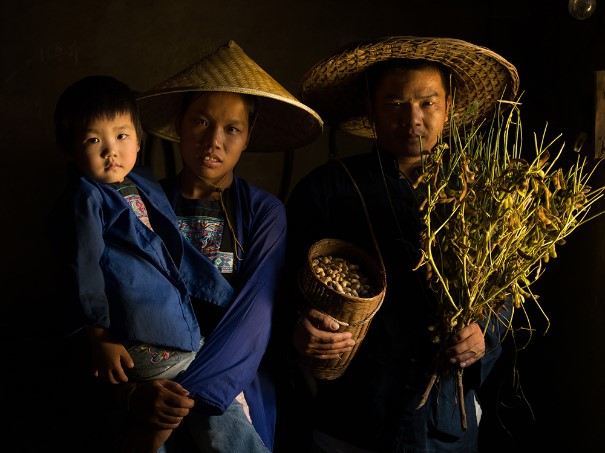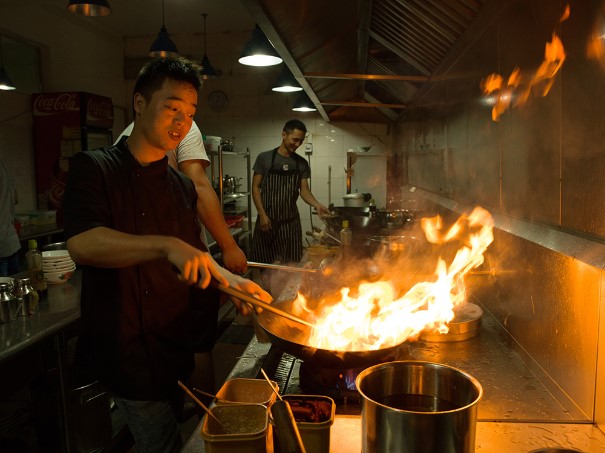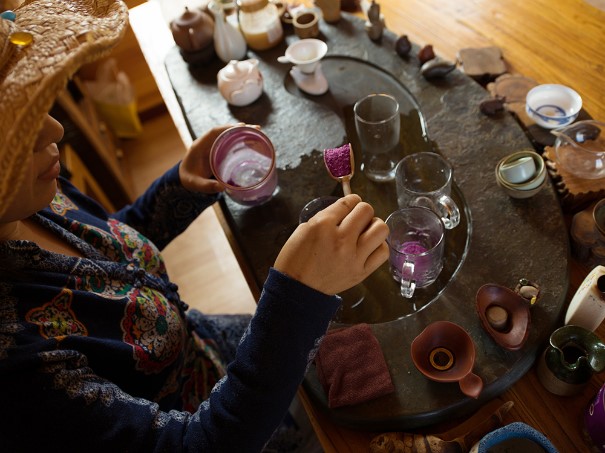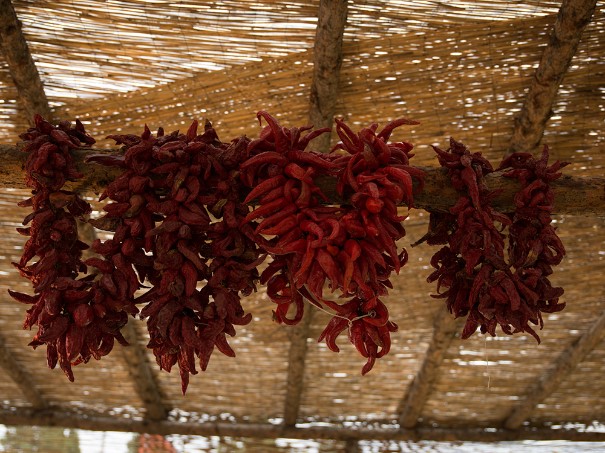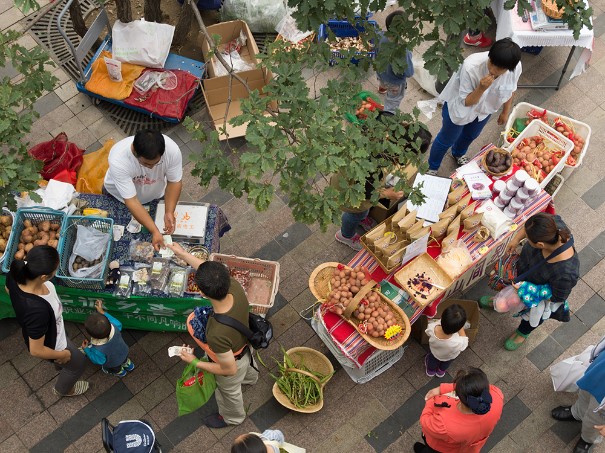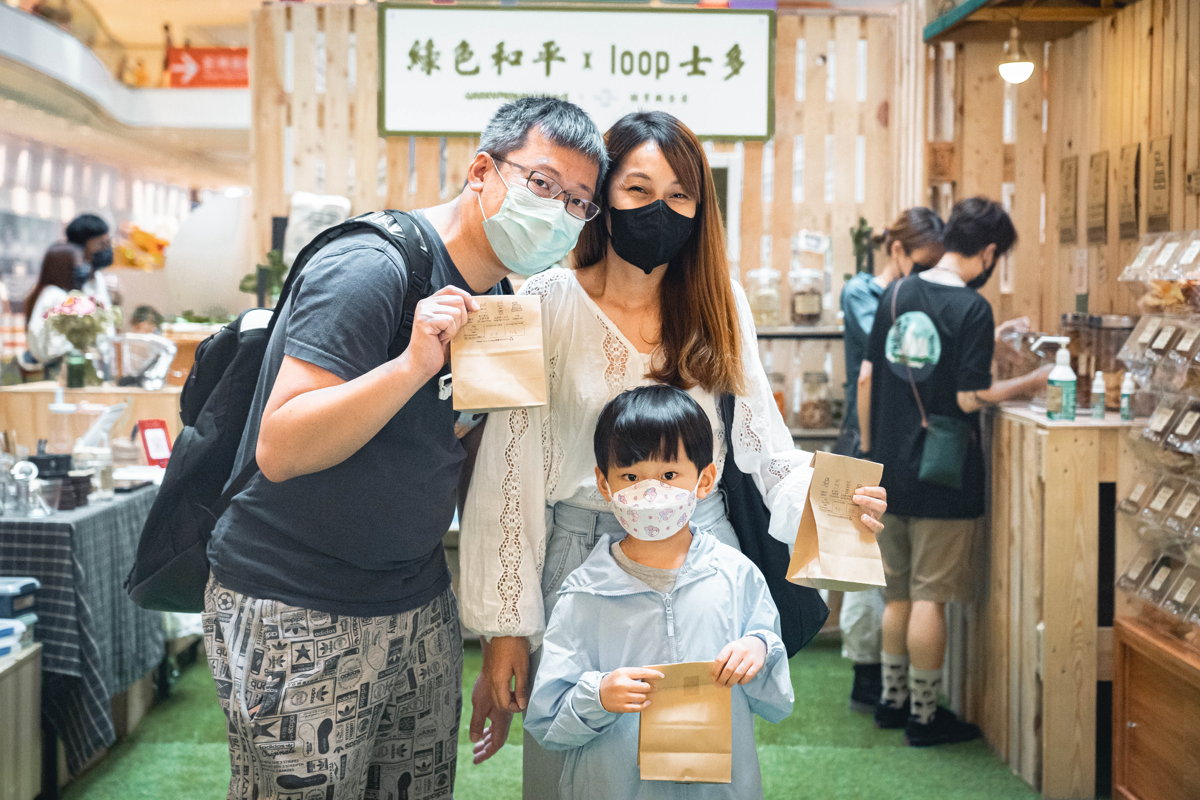Our broken food system
We live in an era of broken food production. Most of us have no idea where our food comes from, who plants the crops or what chemicals are involved in the process. The modern world’s food production system is based on ecologically destructive planting patterns, abundant use of artificial chemicals and GM technology. For the large companies that control this broken system, people’s health, food safety, food security, and the overused soil under our feet are very much secondary concerns.
The eternal production system: organic agriculture
However, there is an agricultural system which does not destroy, which is holistic and as relevant to humans now as it was in bygone millennia. This system, inherited from ancient agricultural tradition and philosophy, shows great potential and energy in our contemporary world.
Greenpeace firmly believes that organic agriculture is key to establishing a balanced and complete food producing system. It is a hero of today and tomorrow.
Small scale farmers produce 70% of the world’s food. These farmers are closely linked to the land which produces the food they live off. They understand and respect nature, vitally linking us to the environment our survival depends on.
We should applaud both the green food producers and their consumers for the organic agricultural system they are working to establish.
A new wave of youth head to the country
Besides smog, food safety is the hottest environmental topics in China. Urban residents are forced to risk their health every day because of the food that is available to them: high chemical residues and illegal additives are just the tip of the iceberg. Meanwhile farmers, as the most vulnerable players in the food production chain, find it extremely hard to eke out their living from the land.
Sadly, being able to eat safe, healthy food is only a dream for many of China’s urban citizens. But against the odds, a brave group of people has emerged to fight for that dream.
Meet the new organic farmers of China.
“We want to eat well as a family so we can watch our child grow up healthy and strong”. Fu and her husband are organic farmers in Guangxi.
In 2004 group of young people in Liuzhou in the south western city of Guangxi province founded ‘Farmer’s Friend’. They lead local farmers in the fight against chemical fertilisers and pesticides, and champion local, traditional food production techniques.
‘Farmer’s Friend’ runs two restaurants in Guangxi, which create delicious dishes using fresh, local, organic ingredients as well as selling their produce. The efforts of ‘Farmer’s Friend’ has brought local residents closer to their local culinary heritage, while raising awareness of food safety and environmental issues.
Organic farmer Su Wen practices ‘Tea art’ in a tea ceremony using her own purple sweet potato in her tea.
Su Wen used to be an office worker but she gave it up to move to the countryside in pursuit of healthy, chemical-free food in 2009. Shanjianbieshu farmers market is located in mountainous Yanqing a rural area of Beijing. In order to eat healthy, chemical-free food, Su Wen, became a farmer in 2009.
Organic Purple Sweet Potato
Shanjian produces all sorts of vegetables and, because it does not use pesticides, the farm maintains a healthy ecological balance. Three quarters of the farmland is used to feed livestock who in turn, provide natural, organic fertilizer. The farm also serves as a place of education for organic food enthusiasts.
Shared Harvest a CSA Farm(Community Supported Agriculture). It spreads across over 100 mu of land on which organic vegetables of all kinds are grown. The farm reduces waste as much as possible: leftovers are used to feed livestock, and the waste from the livestock is used to fertilise the fields’ soil. Shared Harvest has over 400 regular customers. This is just one of China’s 500 CSA farms which are bringing farmers and consumers together, to build a safe future, free from pesticides, hormones and GMOs.
These new organic farmers are bridging the gap between cities and villages in modern China and doing incredible work, building back trust between consumers and farmers.
Through them, consumers in cities can feel a connection to the soil and the origins of the food they eat. As one customer said: “The act of eating is inseparable from nature and the environment. It’s time we respected that relationship.”


